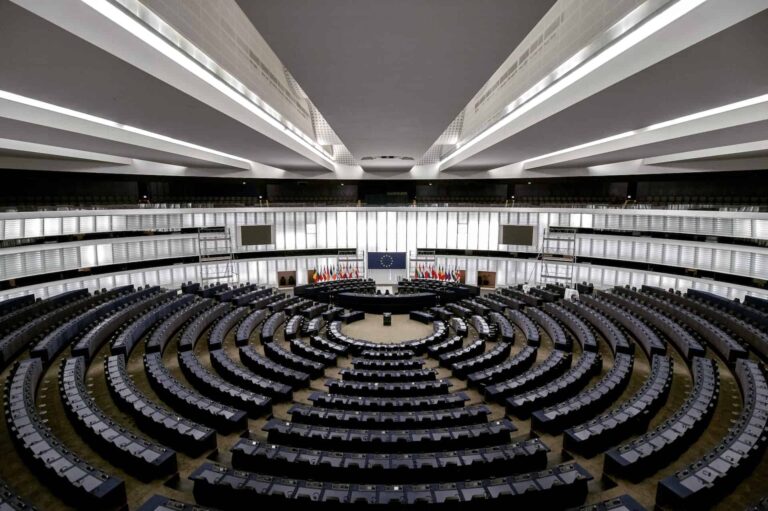With the passing of the AI Act, the European Parliament intends to put in place regulations to govern the activities of artificial intelligence software.
The intention is to regulate the use of artificial intelligence by obliging all operators to respect rights and values that are considered fundamental in the European Union.
Table of Contents
What the text approved by the European Parliament envisages
The aim of the regulation is to try to prevent digital disinformation. It provides for areas in which there must be human supervision for reasons of security, privacy, transparency, and non-discrimination.
For instance, obligations and prohibitions for operators in the sector are defined in detail. For example, artificial intelligence systems that present unacceptable levels of risk are prohibited: i.e. applications that can be used to classify the behaviour of citizens.
The EU Parliament, informs the Ansa news agency, has banned intrusive and discriminatory uses of artificial intelligence. A total ban therefore on the use of real-time artificial intelligence biometric recognition technologies in public places.
The rules related to facial recognition and Chat GPT
MEPs have expanded the list that was first drawn up to include bans on intrusive and discriminatory uses of AI. Such as, biometric categorisation systems based on sensitive characteristics (e.g. gender, race, ethnicity, citizenship, religion, political orientation).
Also, predictive policing systems (based on profiling, location or past criminal behaviour); emotion recognition systems used in law enforcement, border management, the workplace and educational institutions.
And finally, the untargeted extraction of biometric data from the Internet or CCTV footage to create facial recognition databases (in violation of human rights and privacy rights).
Artificial intelligence systems used to influence voters and the outcome of elections and recommendation systems used by social media platforms (with more than 45 million users) were added to the high-risk list.
The regulation specifies that generative AI systems, e.g. ChatGPT, must comply with transparency requirements. To do so, they are required to publish a statement saying ‘the content was generated by Artificial Intelligence’.
This will make it possible to distinguish deepfake images from real ones. Also counteracting the production and dissemination of illegal content.
So far we have talked about the situations prohibited by the regulation. But the rules also incentivise innovation and small and medium-sized enterprises. There are a series of exemptions for research activities and by promoting experimentation spaces dedicated to Artificial Intelligence.
European Parliament President Roberta Metsola’s tweet: ‘We are making history’
The President of the European Parliament Roberta Metsola posted the following Tweet:
We are making history! I am proud that the European Parliament has just passed the world’s first law on artificial intelligence. Balanced, human-centred legislation that will set the global standard for years to come. Europe will continue to lead innovation.
To finally enter into force, the law will also have to be approved by the Council of the European Union. This is the body consisting of one minister from each member state government.
The approval of a law at European level binds the member states of the Union to adapt their national legislation to that of the EU.
Read also: How and why is China rushing to regulate artificial intelligence too












